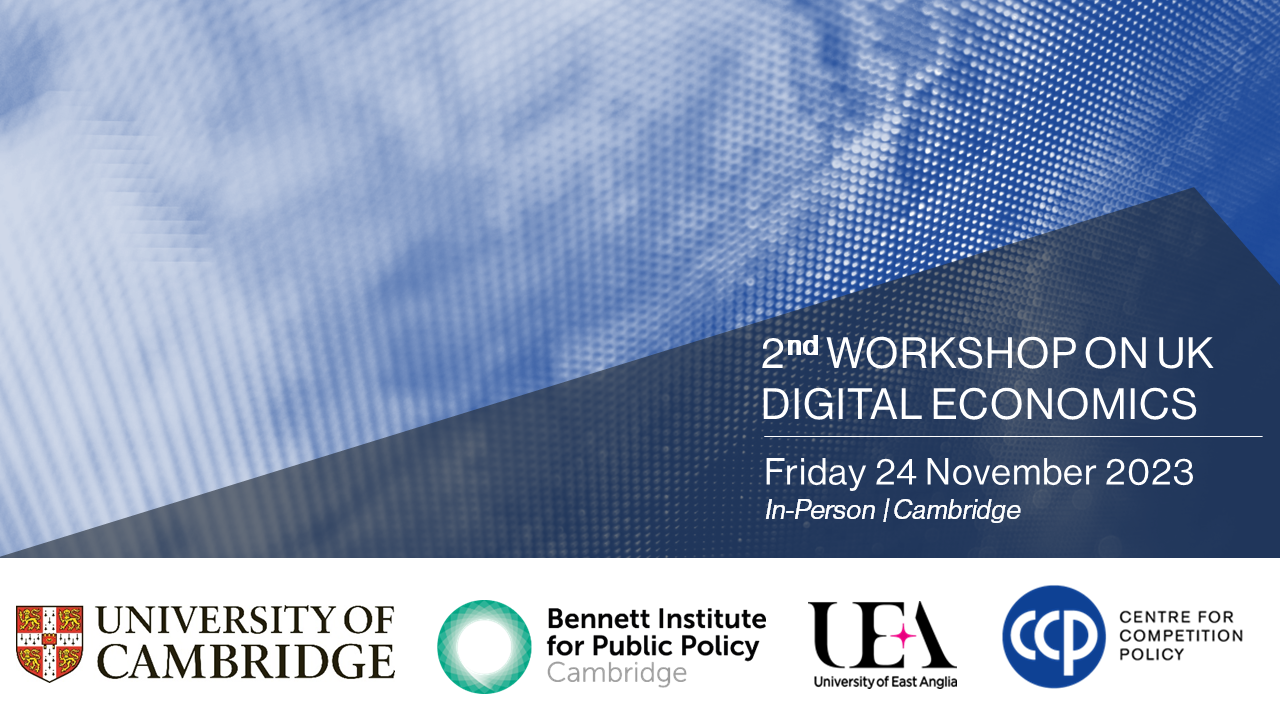About
Can AI help unlock insights from the vast array of publicly available earth observation data to support journalists investigating threats to some of the world’s most vulnerable and precious ecosystems? Cambridge Digital Humanities researchers teamed up with The Pulitzer Center’s Rainforest Investigations Network and non-profit data science organisation EarthGenome to find out.
A project led by CDH with funding from the Accelerate Science programme brought together on-the-ground reporting from Anton L. Delgado, a multimedia journalist whose reporting experience ranges from tracking down the companies behind the illegal trade in primates destined for US research labs to documenting the aftermath of wildfires in Arizona, with EarthGenome’s data science team to design and carry out an investigation into illegal gold mining in Cambodia. Supported by Gustavo Faleiros and data journalists at the Pulitzer Center, Anton reported from deep within Cambodia’s dwindling rainforests to seek out artisanal gold miners and hear their stories firsthand.
In addition to traditional research methods, Anton was following leads for likely locations of mines generated by EarthIndex, a new tool developed by EarthGenome to search through oceans of pixels from satellite images of the remote regions, looking for the distinctive scars on the landscape left by the gold mines. By harnessing the power of AI foundation models built from geospatial data, EarthIndex is helping researchers, journalists and campaigners document illegal mining in the Amazon basin, find high concentration cattle operations in the US and expose undocumented waste sites in Indonesia.
This public event, hosted by CDH as part of the Social Data School, will showcase the outcomes of the project and provide a platform for discussion about the impact of AI on environmental investigations.
The Data Schools are an intensive training programme developed by CDH and exclusive to the participants. However, as part of CDH’s Social Data School’s mission to democratise research methods, this event is open to the general public. Journalists, NGOs, unions, researchers, and anyone in the community interested in this subject are welcome.
Speakers
- Gustavo Faleiros, Director of Environmental Investigations for the Pulitzer Center
- Anton Delgado, Pulitzer Center Fellow and multimedia journalist based in Southeast Asia
- Professor Caroline Bassett, Cambridge Digital Humanities
Access
If you have specific accessibility needs for this event please get in touch. We will do our best to accommodate any requests.





